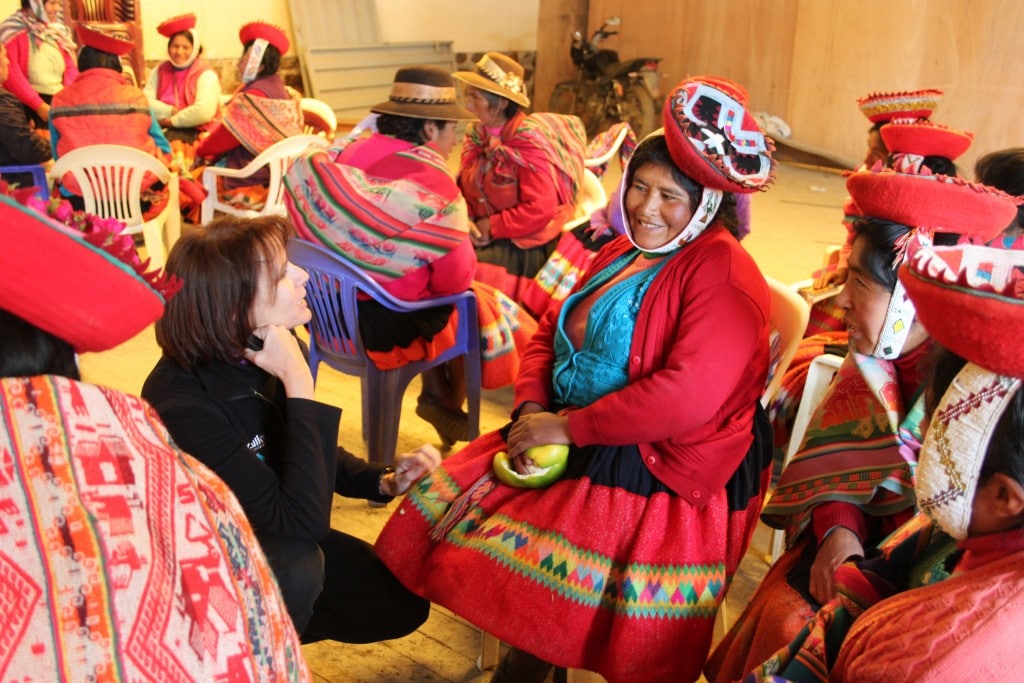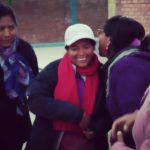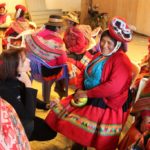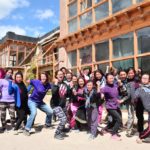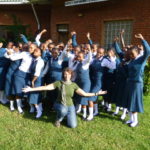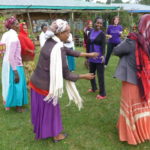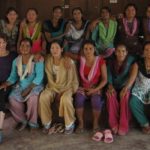In April 2018, Ginette collaborated with an awesome NGO in the Sacred Valley of Peru called AWAMAKI. This NGO specialises in economic empowerment for women in 9 communities in the Andes, specifically in the Ollantaytambo area by connecting artisan weavers to the global market. AWAMAKI is a well run and established NGO which has been operating for 10 years. They function with a mixture of local and foreign staffs and as well, rely on well skilled volunteers.
It was agreed that Ginette would spend 4 weeks to work with the 2 main facilitators: Mercedes and Martha, and together we would deliver our training in 2 communities: Huilloc and Patacancha. These villages are high in the Andes at about 4,700mts. Our usual routine would be to do the training of trainers for Mercedes & Martha on Mondays and Tuesdays, on Wednesday prepare the resources for the workshops and on Thursday, we would leave at about 7:00am to go to Patacancha. We delivered 2 workshops back to back, have lunch and then, drive down to deliver the same 2 workshops in the Huilloc community. We usually came back to Ollantaytambo around 19:00. Long days but highly interesting. We did this for 4 weeks, hence we delivered all the life skills and financial literacy workshops.
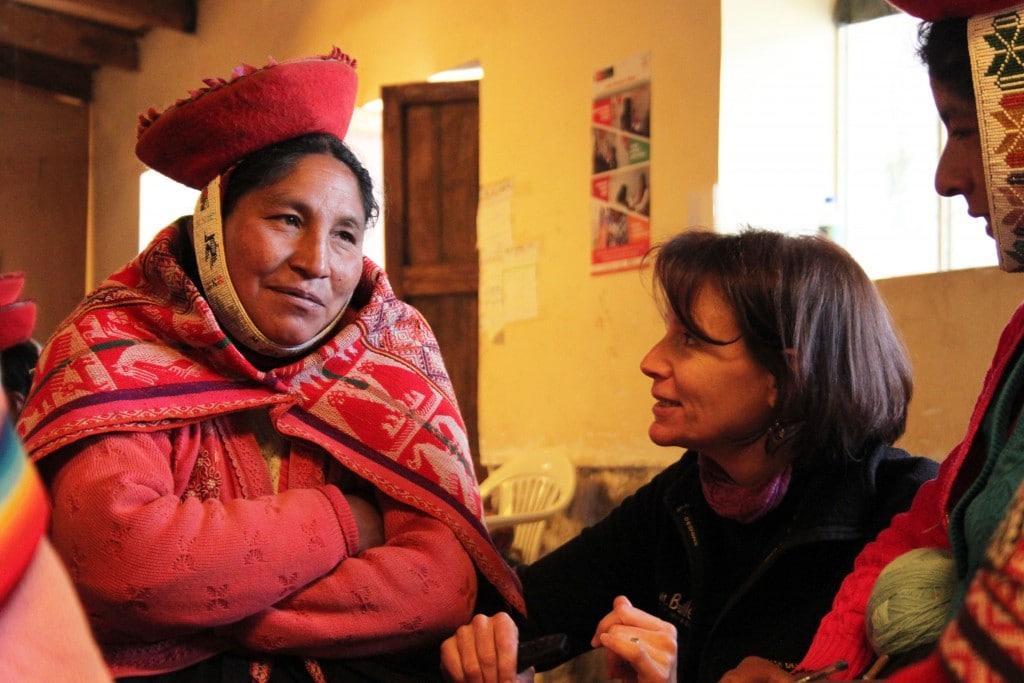
Although we delivered the training in Spanish, the main language of these communities is Quechua. Luckily, most of them understand Spanish but only a few could speak it. Mercedes & Martha are fluent in both languages, so the communication was easy and effective. Only a few women knew how to read and write, hence our workshops included mainly visual and auditory techniques like: story telling, sharing, passing objects and lots of group work which the women really enjoyed.
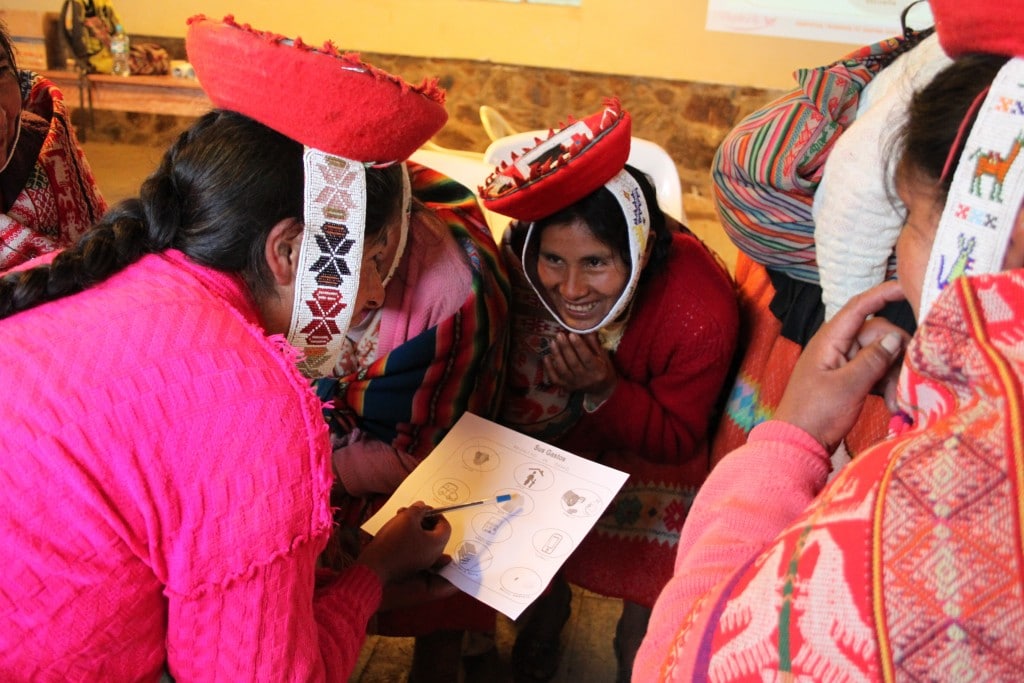
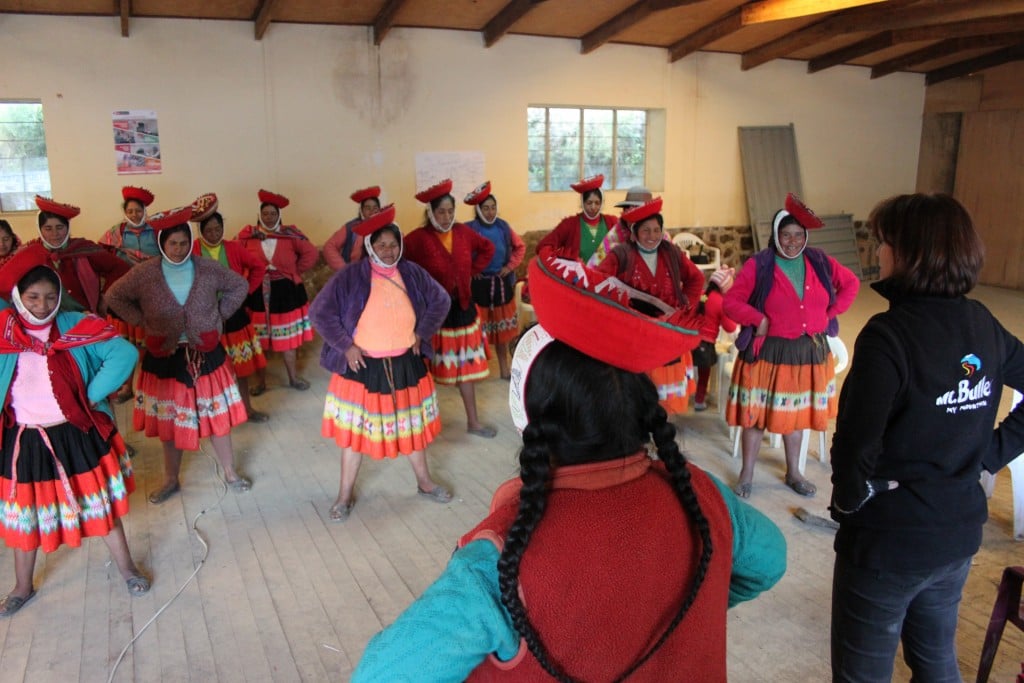
The women in these communities earn their living from weaving and selling textiles, they grow potatoes and most of them raise alpacas. This animal is highly valued by the communities. The wool of alpacas is very fine, excellent quality, sought after by world wide knitters, it is also very expensive. They use this wool for their textile and as well, sell the wool to wholesalers in Cusco and Lima. Many of their husbands are porters for tourists who go to Machu Picchu. Although they have a simple life, they feel rich and they are rich. They have no internet or tv, most of them have toilets with running water, all the kids are going to school but they all have food and most importantly, a strong community spirit. I have spent some time in the villages and with the women, and found their simple living and community spirit totally inspiring.
